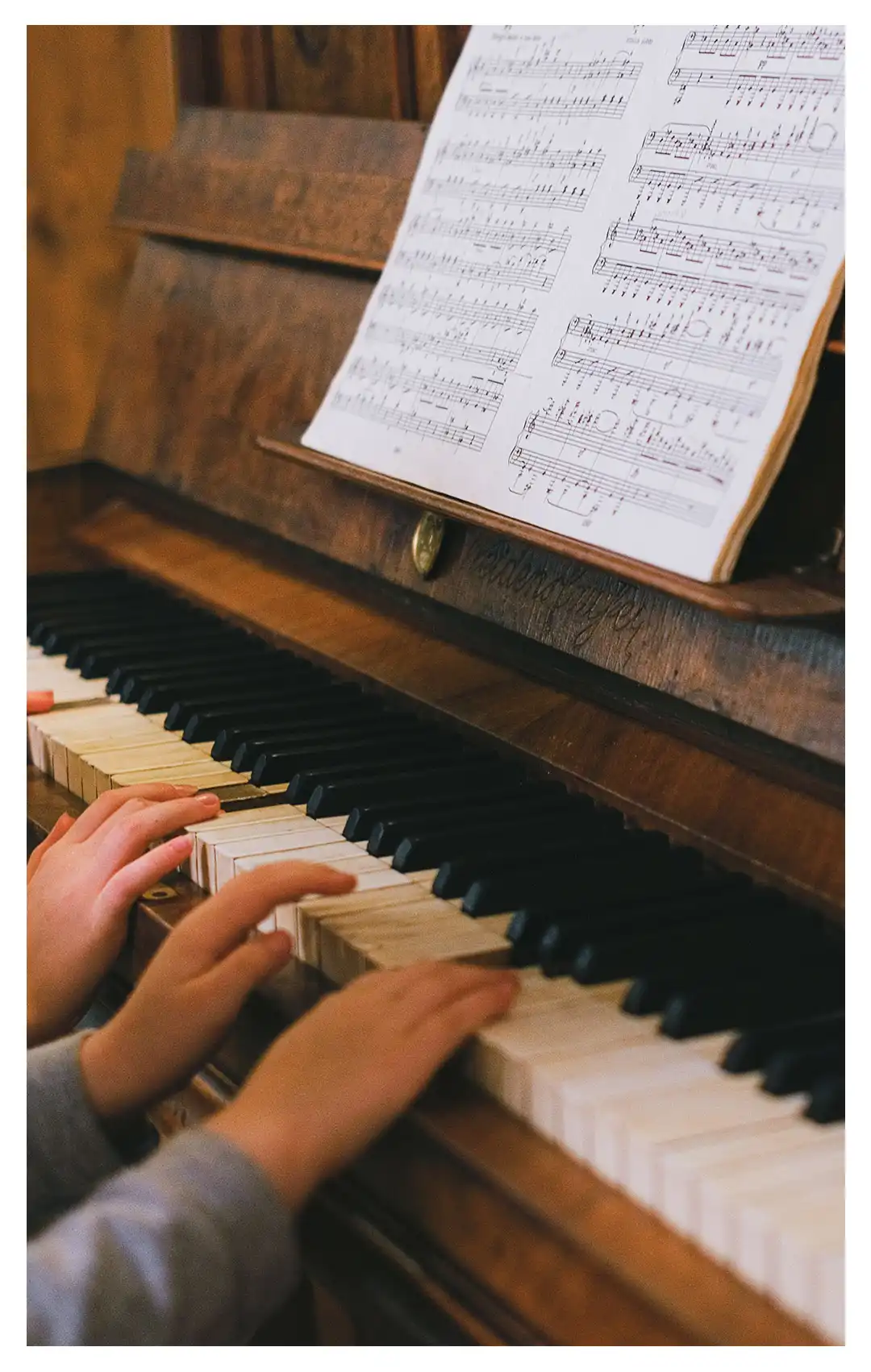Why Every Actor Should Consider Learning a Musical Instrument
Many children, dread their weekly piano lessons. Later in life, with more years and wisdom, they often regret quitting. Understanding and playing music holds immense value, not just in life but particularly in the realm of acting.
For actors, acquiring the skill to play a musical instrument offers multiple benefits: it’s a delightful hobby, sets you apart during auditions, and enables versatility across traditional and musical theater roles. Beyond professional applications, the cognitive demands of mastering an instrument enhance your learning, memory, and comprehension abilities.
Exploring Hobbies Beyond Acting
Maintaining hobbies outside of your acting career is crucial for mental well-being. If you’re looking for a new passion, why not consider an instrument? The progress in musical skills is tangible and rewarding, providing a clear path of advancement that can be gratifying in the uncertain journey of an acting career.
Highlighting Special Skills in Your Portfolio
In the acting world, being asked about special skills during auditions is common. Being proficient in a musical instrument can significantly boost your candidacy for roles, particularly in productions that value musical talents. Even if a role doesn’t explicitly require musical skills, your ability to play an instrument might tip the scales in your favour, given the added versatility it brings.

Neuroplasticity and Its Benefits
Neuroplasticity, or the brain’s ability to adapt and learn new skills, is greatly enhanced by musical training. This not only aids in acquiring musical prowess but also primes you to learn other skills more efficiently, including new languages and accents—essential tools for any actor.
Cognitive Advantages of Musical Training
Learning to play an instrument can significantly improve concentration, memory, and other cognitive functions—vital for memorizing lines and maintaining focus during long shoots. There’s also some evidence suggesting that musicians may develop greater empathy, a critical attribute for effective acting.
Relating Music to Acting
Directors often liken scripts to musical scores. Just as a musician must adhere to the score while allowing room for emotional expression, actors must remain true to the script while bringing the character to life. This discipline is akin to practicing scales in music, establishing a foundation that enables freedom and creativity in performance.
The Rise of Actor-Musician Shows
Shows that feature actors as live musicians are gaining popularity, blending traditional theater with musical elements. This trend offers new opportunities for actors who can play an instrument, placing them in high demand.

Getting Started with Music
Begin with the piano, an accessible and foundational instrument. Affordable electronic keyboards and free online tutorials offer an easy start. Once comfortable, you can explore other instruments like the guitar or drums.
In conclusion, music not only enriches your personal life but also enhances your professional capabilities in acting. It’s a challenging but rewarding endeavor that fosters discipline, enhances cognitive abilities, and opens new doors in your acting career.
Embrace the journey of musical discovery—it might just transform your acting career.





